Global health partnership in Colombia enables students to learn about the context of health and well-being in rural communities
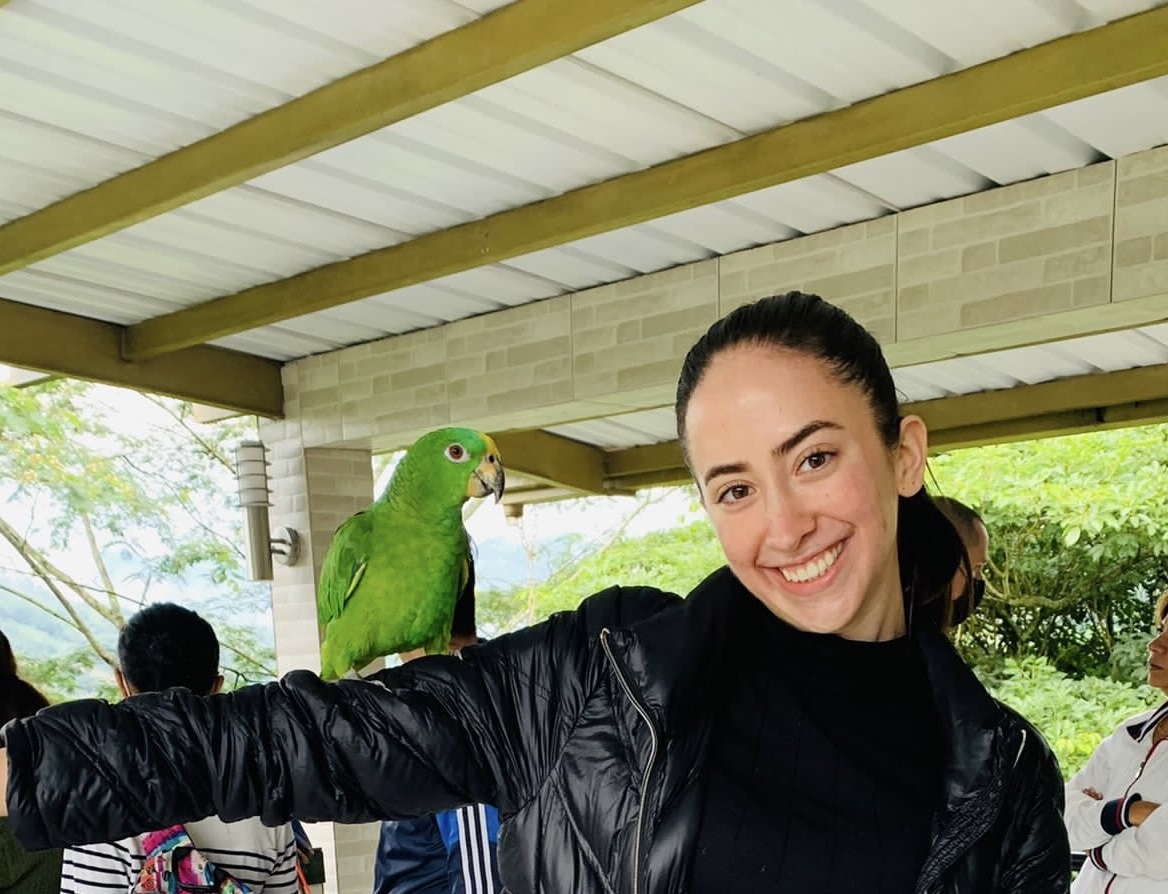
This winter term, MSc Global Health students have the opportunity to take part in a mobility exchange with our partner institution Universidad del Rosario. The elective track, Community Health in Moving Populations, uses learning strategies to provide local and international students the opportunity to learn about the context of health and well-being in Colombian communities. This collaboration promotes student mobility and aligns with the university’s commitment to global citizenship, internationalization, and prioritization of the United Nations Sustainable Development Goals (SDGs).
The goal of the exchange is for students to learn about the dynamics of vulnerable communities, understand the strengths and weaknesses of the health system, and to gain global health research experience.
This year, MSc Global Health students are participating in a program titled Programa de Educacion Interprofesional en el Territorio (PEIPT) to facilitate access to healthcare for rural communities of La Vega, Colombia. Over the course of the project, multiple barriers to accessible healthcare were identified which include: transportation difficulties, limited services offered by the hospital, bureaucratic issues with the government sponsored health insurance programs, and low health literacy.? Building on this, the project is specifically focusing on the use of eHealth with pre-diabetic and diabetic patients to increase their access to and quality of healthcare.
Jessica Williams Vergara, MSc Global Health student, is currently living in Bogota Colombia on exchange at Universidad del Rosario. Inspired by the unique experience of immersing in the culture, she is working with local stakeholders to design and facilitate various aspects of the project. While the lectures are in English, the field work is primarily in Spanish and because Williams is fluent in Spanish, she is able to support others in overcoming language barriers.
Collaborating with students from various professions such as medicine, physiotherapy, speech therapy, and biomedical engineering, Vergara highlights that she is learning how to work within a multidisciplinary team. In addition, she is appreciating the value of building trust and partnership while working in a community setting conducting global health research.
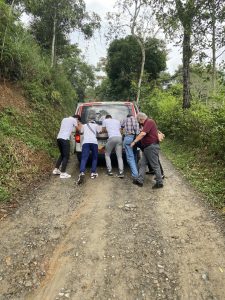 Williams discusses her participation in the PEIPT program and the implementation of an eHealth program in the rural town of La Vega, Colombia. She emphasizes that, “PEIPT is utilizing Participatory Action Research (PAR) and that through multiple focus groups and interviews held with community members, leaders, local doctors, and the municipality, eHealth was proposed as a solution.”
Williams discusses her participation in the PEIPT program and the implementation of an eHealth program in the rural town of La Vega, Colombia. She emphasizes that, “PEIPT is utilizing Participatory Action Research (PAR) and that through multiple focus groups and interviews held with community members, leaders, local doctors, and the municipality, eHealth was proposed as a solution.”
Every Tuesday, the students travel to Le Vega leaving from Bogota at 6 am and arrive home by 8 pm. Williams recalls that, “last week, on our way to meet community leaders, the bus got stuck on the muddy rural roads and we had to get out to push the bus up the small hill”.
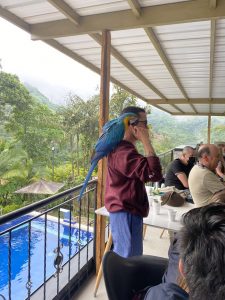
Through further discussions with the community, the PEIPT team have identified that the primary issues with implementing eHealth in La Vega are poor broadband connectivity coverage and low digital health literacy. Currently, they are working to develop a partnership with Universidad de Cundinamarca in Fusagasugá, Colombia to set up satellites to provide better coverage in the rural regions.
As COVID-19 continues to reshape what we previously understood about global health work, it is mobility exchange opportunities like this that enable students to continue collaborating with peers locally and globally. Putting into practice what they are learning in their course work, they further cultivate their global health knowledge which prepares them for careers in a changing world.
Global Health News, Student and Alumni ProfilesRelated News
News Listing
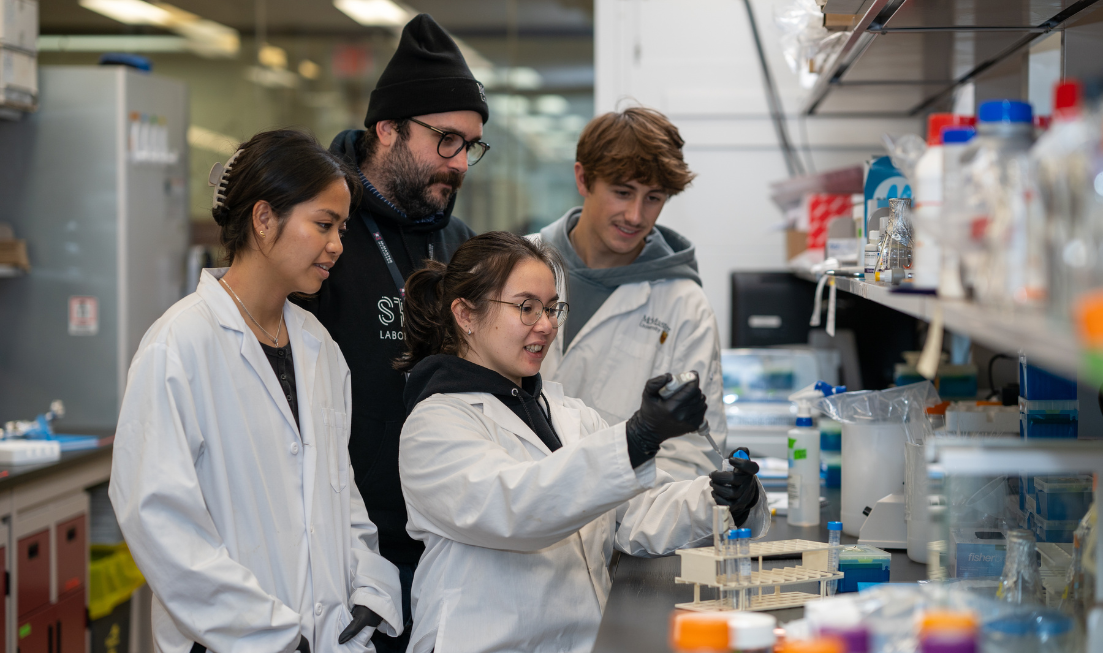
Daily News ➚
McMaster earns top spot for graduate student research intensity in annual rankings
Global Health News
December 9, 2024
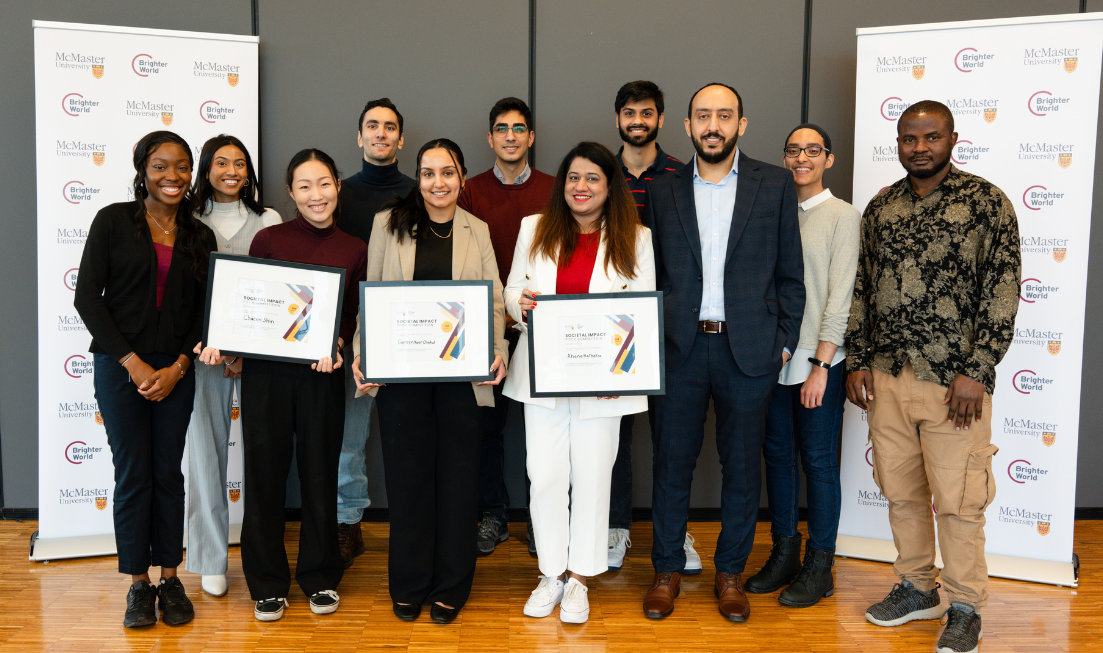
December 4, 2024

